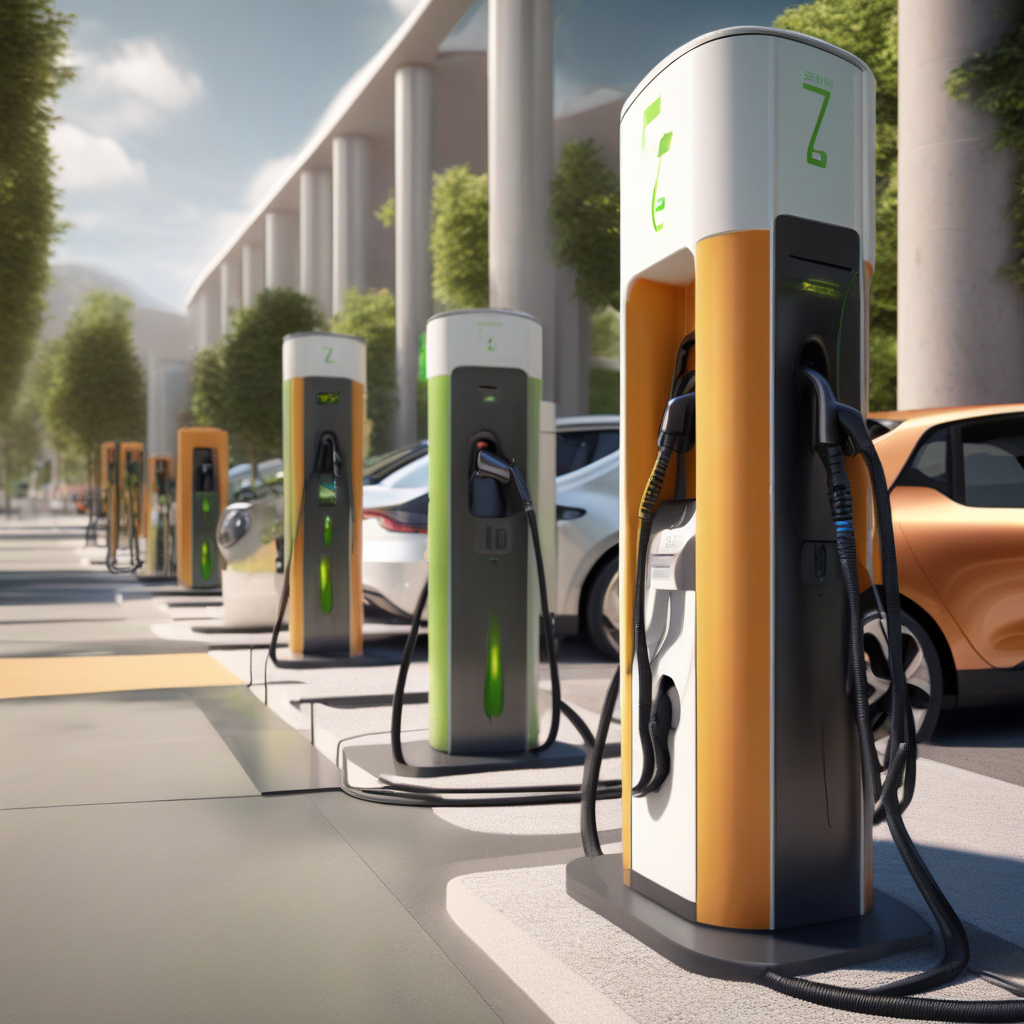7 Biggest Challenges the EV Charging Sector Must Tackle to Power the Future
The global shift toward electric mobility is no longer a distant vision – it’s happening right now. With the growing concern over climate change and the need to reduce greenhouse gas emissions, electric vehicles (EVs) have emerged as a crucial solution to combat the environmental impact of traditional fossil fuel-powered vehicles. As the demand for EVs continues to rise, the importance of a robust and efficient EV charging infrastructure cannot be overstated. However, despite significant progress in the EV charging sector, there are still several challenges that need to be addressed to ensure a smooth transition to a fully electric future.
- Lack of Standardization: One of the primary challenges facing the EV charging sector is the lack of standardization in charging protocols and infrastructure. With a multitude of charging connectors, power outputs, and communication protocols in use, EV drivers often face compatibility issues when trying to charge their vehicles at different charging stations. This lack of standardization not only creates confusion for consumers but also hampers the widespread adoption of EVs.
- Range Anxiety: Range anxiety, the fear of running out of battery power before reaching a charging station, remains a significant concern for many potential EV buyers. While advancements in battery technology have extended the range of EVs, the availability of fast and reliable charging infrastructure is crucial to alleviating range anxiety and boosting consumer confidence in electric vehicles.
- Charging Speed and Convenience: Another challenge for the EV charging sector is the need to improve charging speed and convenience. While slow-charging stations are suitable for overnight charging at home, fast-charging stations are essential for long-distance travel and on-the-go charging. Ensuring widespread access to fast-charging stations with convenient locations and payment options is key to encouraging more drivers to make the switch to electric.
- Grid Integration: The increasing adoption of EVs poses a challenge to the stability of the electrical grid. Without proper grid integration and management, the concentrated demand for electricity from charging EVs could strain the grid and lead to disruptions. Implementing smart charging solutions, vehicle-to-grid technology, and renewable energy integration can help mitigate these grid integration challenges.
- Cost of Infrastructure: Building an extensive EV charging infrastructure requires significant investments in equipment, installation, and maintenance. The high upfront costs associated with deploying charging stations, especially in remote or underserved areas, can be a barrier to expanding the EV charging network. Public-private partnerships, government incentives, and innovative financing models are needed to address the cost challenges and accelerate the deployment of charging infrastructure.
- Regulatory Hurdles: Regulatory barriers and inconsistencies across regions can impede the growth of the EV charging sector. Issues such as permitting delays, zoning restrictions, and utility regulations can slow down the expansion of charging infrastructure and create uncertainties for investors and operators. Streamlining the regulatory process, establishing clear standards, and providing incentives for infrastructure development are essential to overcoming these hurdles.
- Data Security and Privacy: As EVs become more connected and autonomous, concerns about data security and privacy have become increasingly important. EV charging stations collect sensitive information about drivers’ charging habits, location data, and payment details, raising potential privacy risks if not properly safeguarded. Implementing robust cybersecurity measures, data encryption protocols, and transparent data practices are crucial to ensuring the security and privacy of EV drivers.
In conclusion, the EV charging sector plays a vital role in enabling the widespread adoption of electric vehicles and driving the transition to a more sustainable transportation system. By addressing the key challenges outlined above – from standardization and range anxiety to charging speed, grid integration, cost, regulations, and data security – the industry can overcome obstacles and pave the way for a future powered by clean and efficient electric mobility.
#EVcharging, #electricvehicles, #sustainability, #futureofmobility, #cleanenergy











